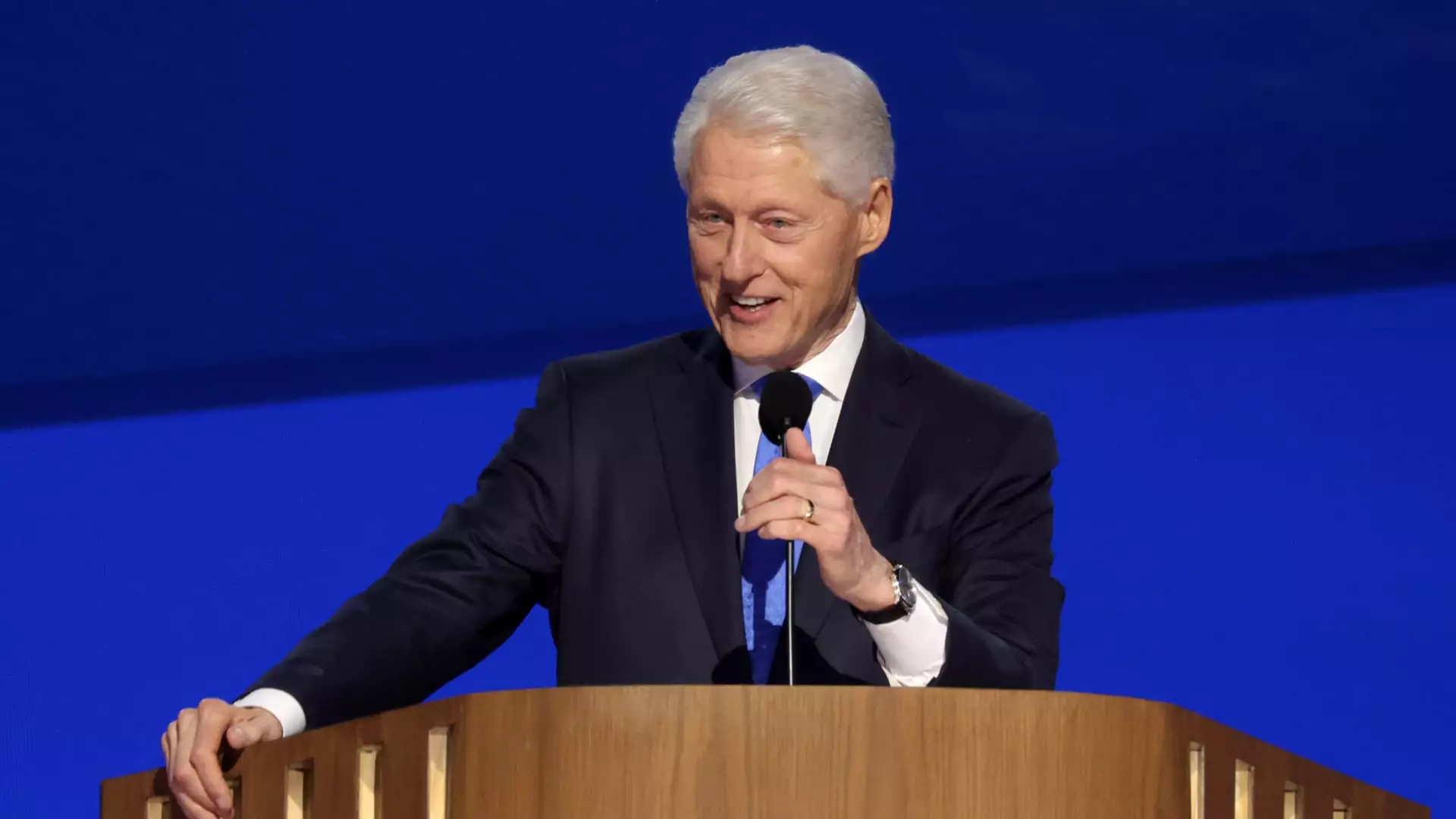Former President Bill Clinton’s recent hospitalization has drawn significant attention, highlighting the ongoing health challenges that he has faced in retirement. At the age of 78, Clinton was admitted to MedStar Georgetown University Hospital in Washington, D.C., after developing a fever that raised concerns among his family and advisors. Angel Ureña, Clinton’s deputy chief of staff, reassured the public, stating, “He is in good spirits and grateful for the care he is receiving.” Such statements aim to provide solace in the wake of the former president’s previous health scares, reminding us that public figures are not immune to the frailties of age.
Clinton’s hospitalization is not an isolated incident; it follows a series of significant health events over the years. His most notable medical challenges began with a quadruple bypass surgery in 2004, followed by another heart procedure in 2010 involving stent placements. The recurring nature of these health issues showcases the potential for heart-related complications as individuals age. Furthermore, his hospitalization in 2021 for a urological infection that escalated into a bloodstream infection serves as a stark reminder of the vulnerabilities that accompany advancing years, even for someone who once led the nation.
Fortunately, the situation surrounding Clinton’s recent fever appears to be not dire. A close source indicated that the situation is “not urgent,” offering reassurance to his supporters and family alike. “The former president will be fine,” they stated, emphasizing that he was awake and alert during his hospital stay. These affirmations are vital, as they not only reflect Clinton’s current state but also serve to alleviate public worry, underscoring the constant need for health updates concerning high-profile figures.
Despite his health issues, Clinton remains active and engaged in public life. His recent campaigning for the Democratic presidential nominee, Kamala Harris, demonstrates his commitment to the political arena, illustrating that retired politicians can still play vital roles in shaping discourse. Additionally, his memoir about his post-presidential life signifies a desire to connect with the public, sharing insights that only he can provide from his unique vantage point in political history. Clinton’s address at the most recent Democratic National Convention further solidifies his ongoing relevance in political circles, reflecting a leader who seeks to inspire even in the face of personal health challenges.
The attention surrounding Clinton’s hospitalization highlights not just the fragility of human health but also the enduring legacy of a former leader who continues to influence politics and culture. While his age and health concerns are significant, they do not overshadow the contributions he has made and continues to make to society. As he recuperates, the hope is that Clinton will emerge with renewed vigor to engage in the causes he champions, offering encouragement to those who grapple with their own health challenges.

Leave a Reply